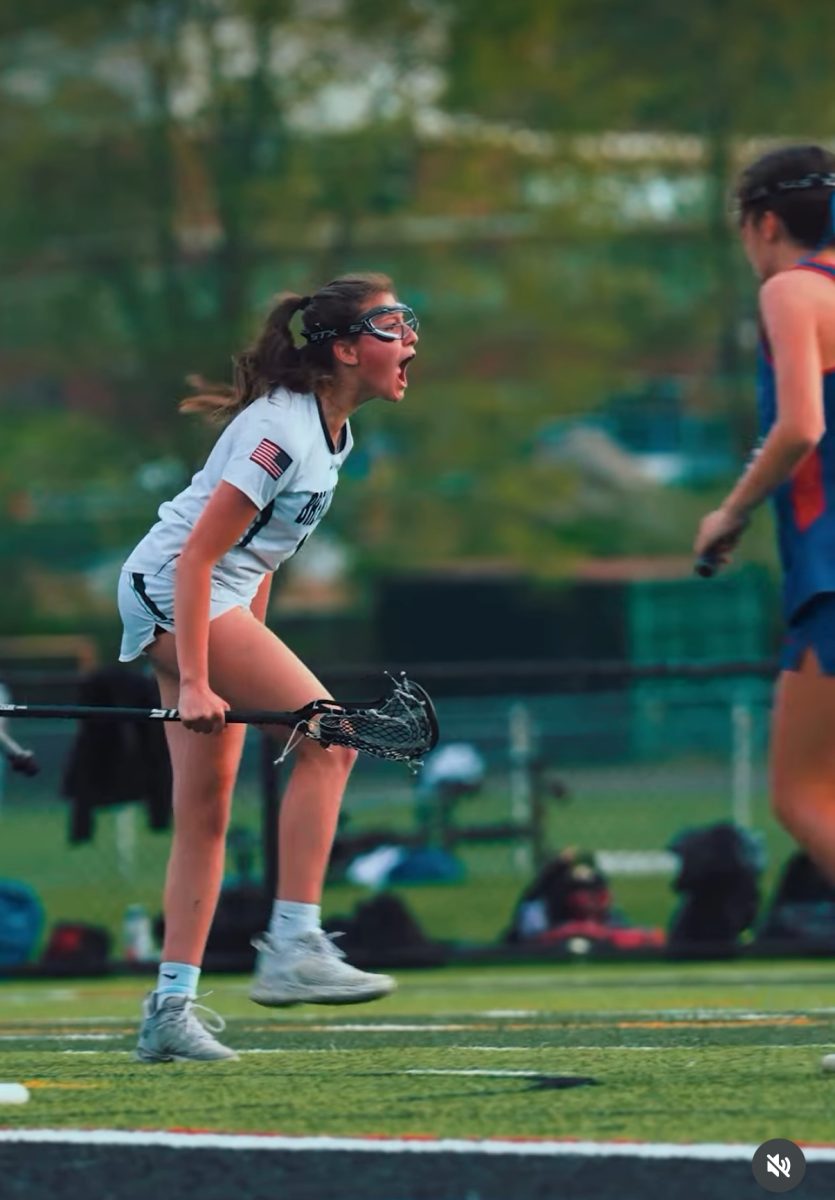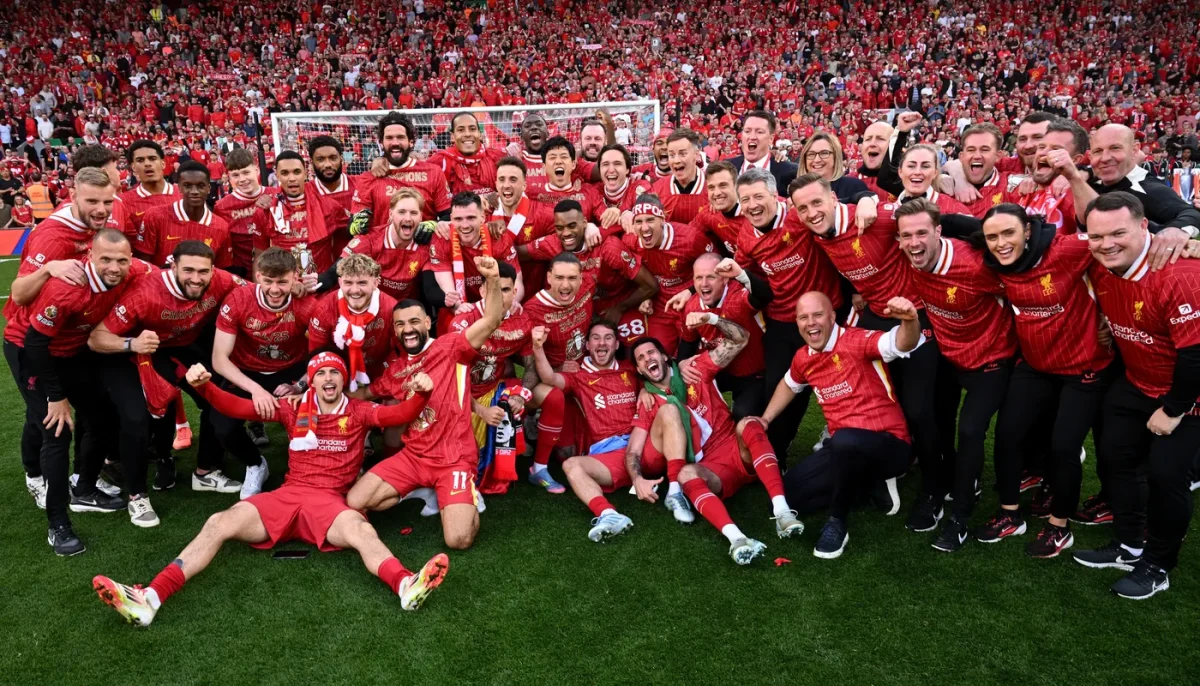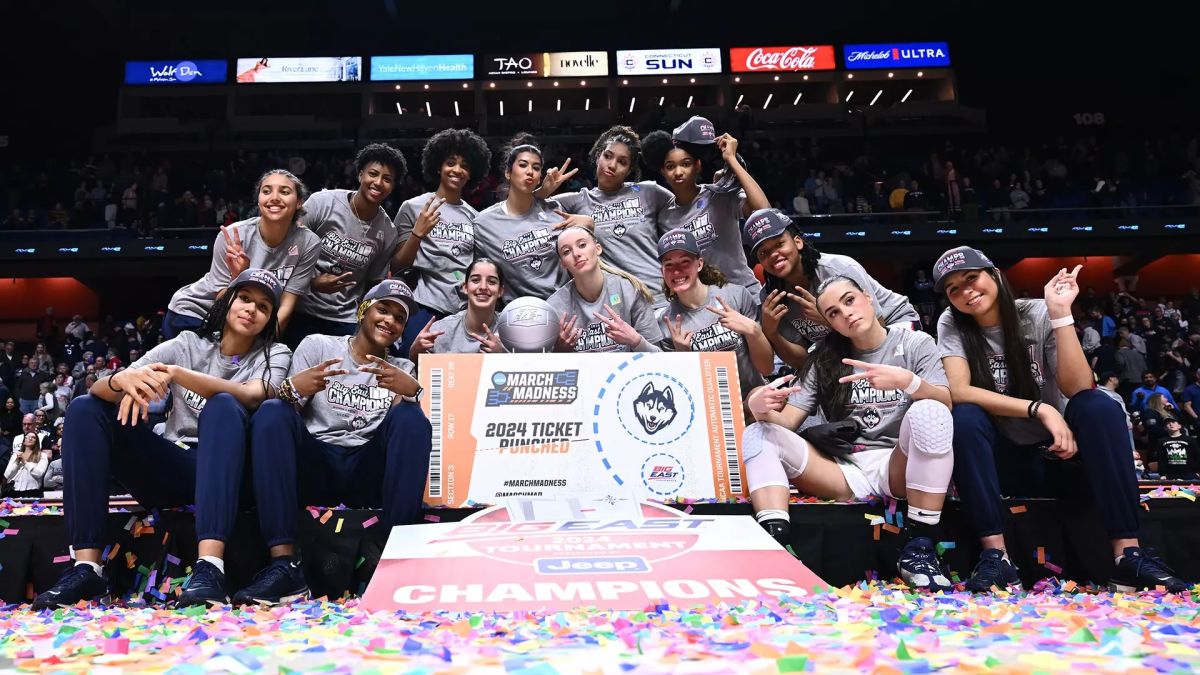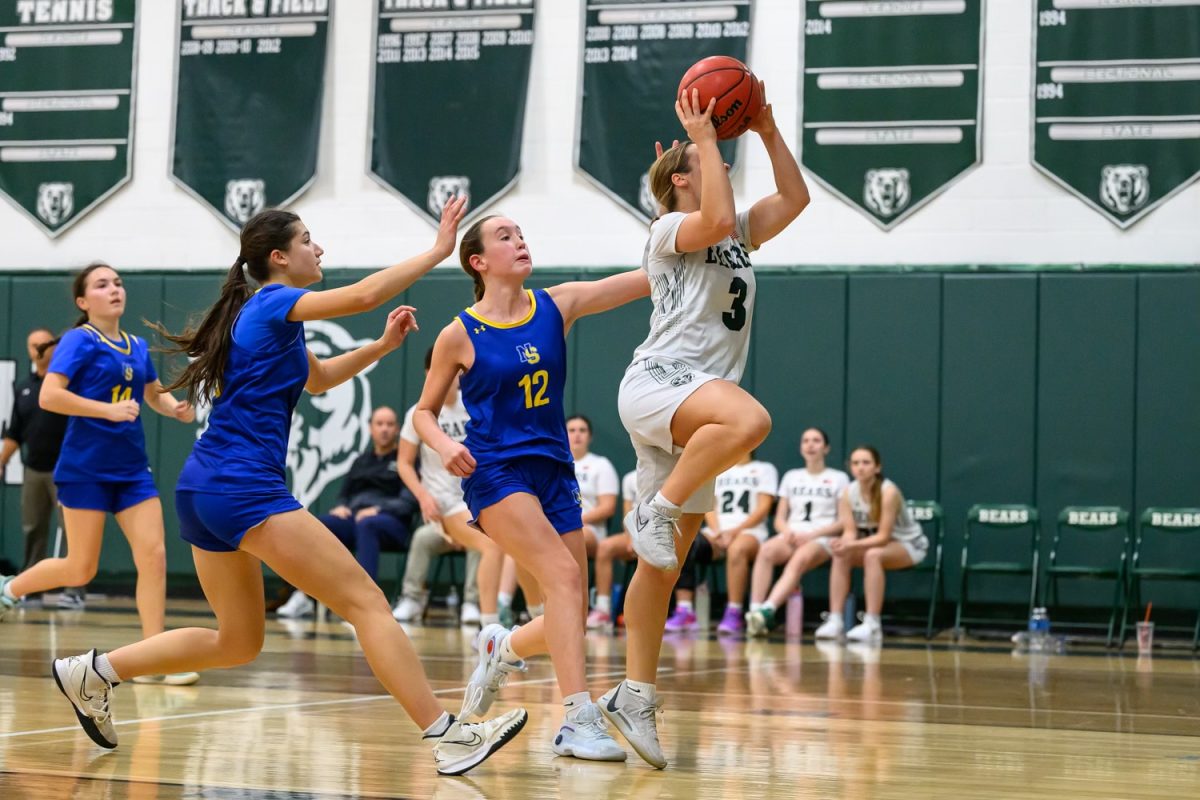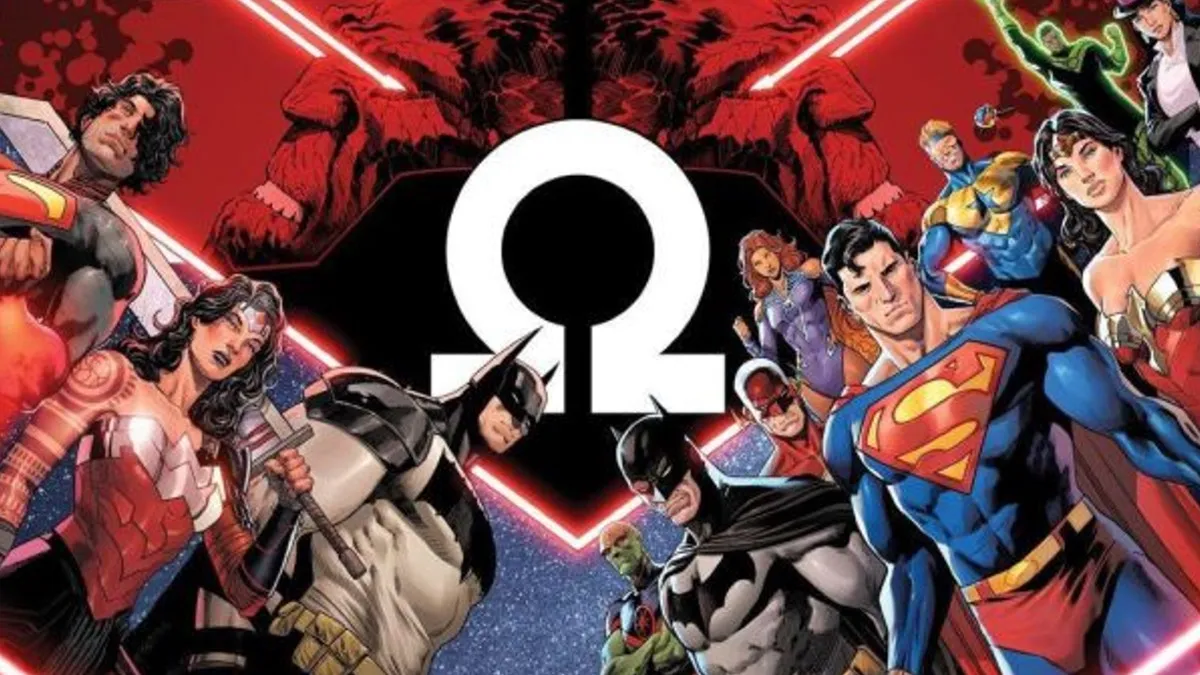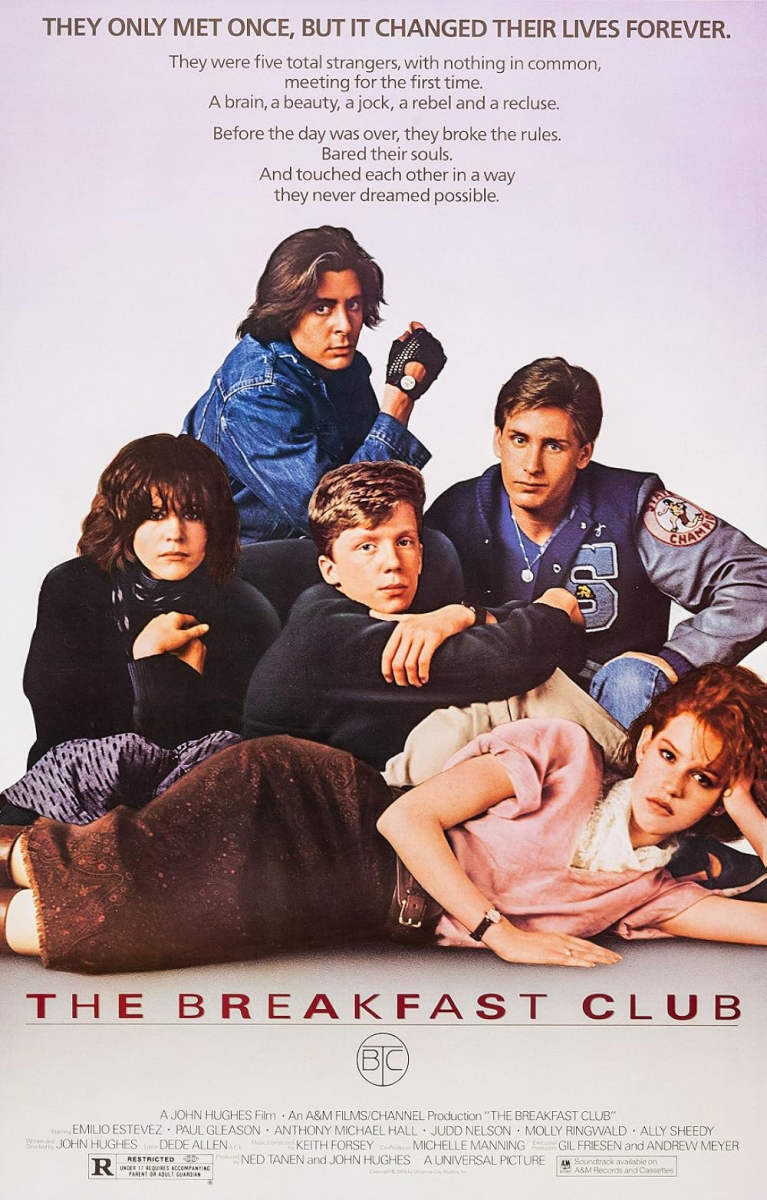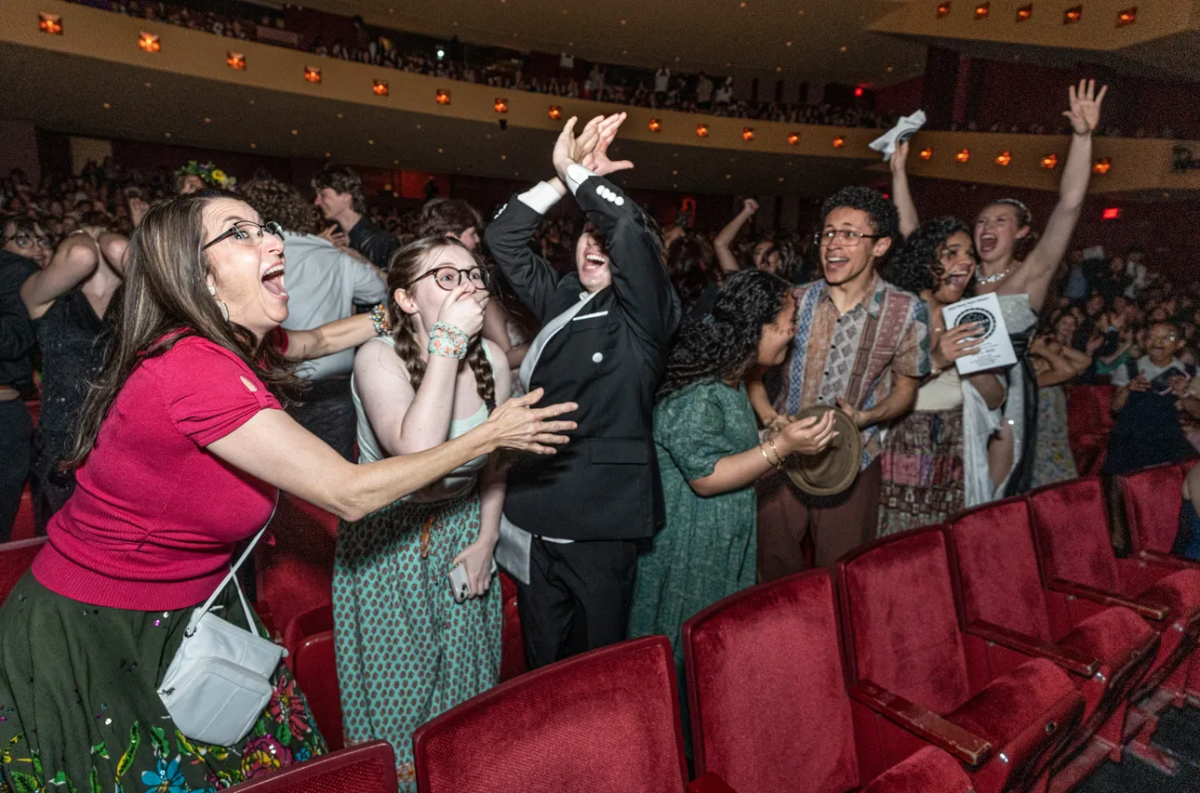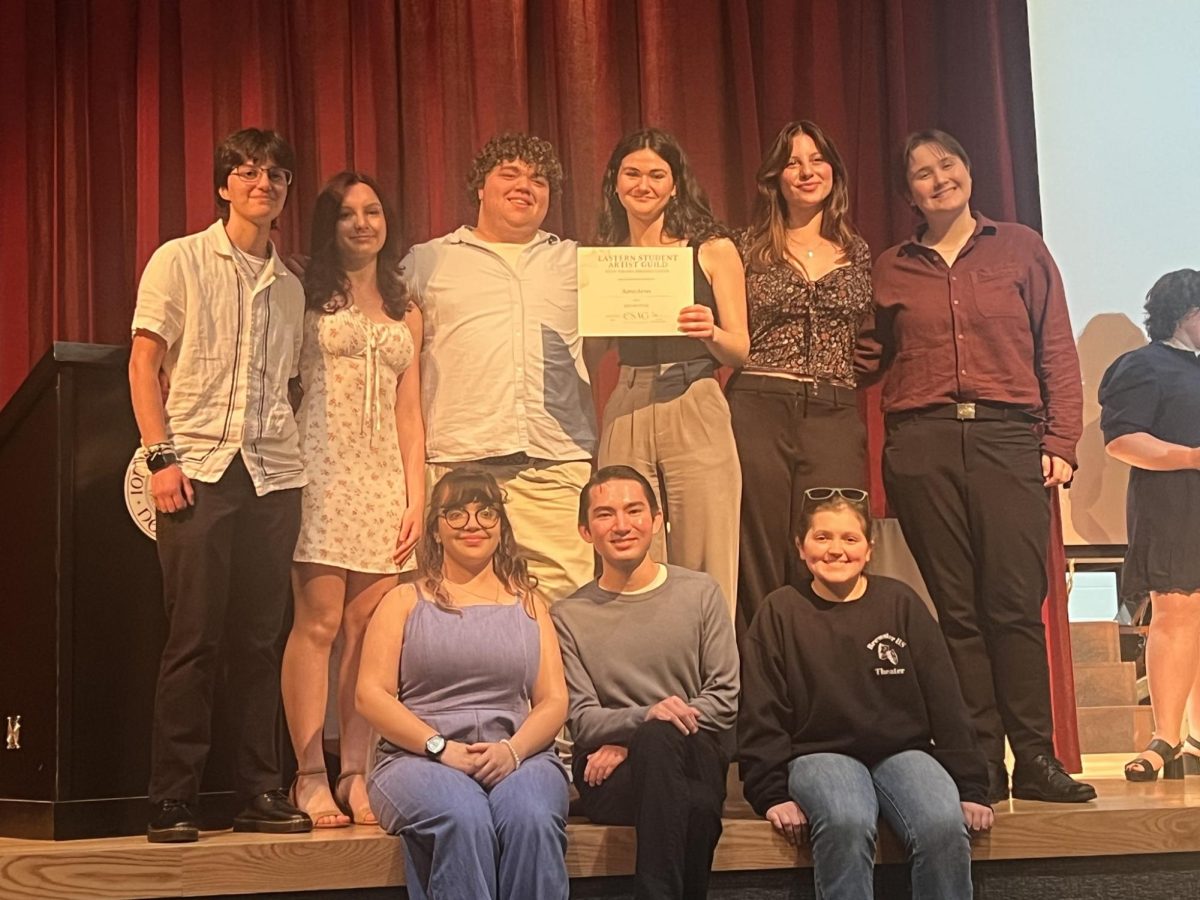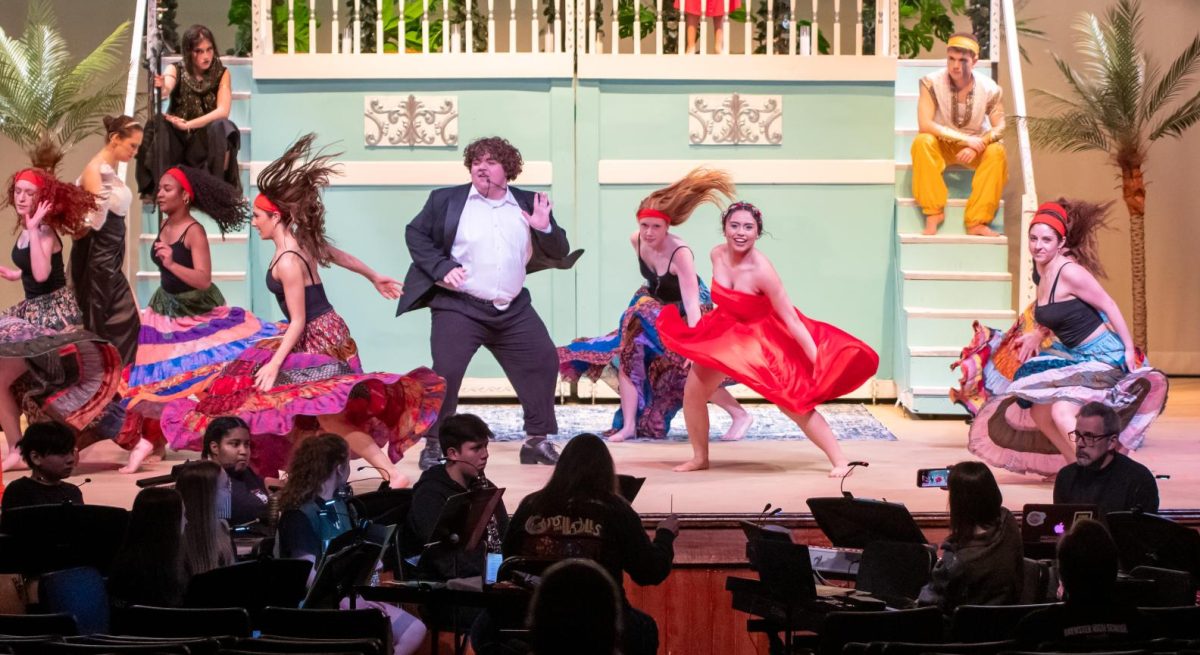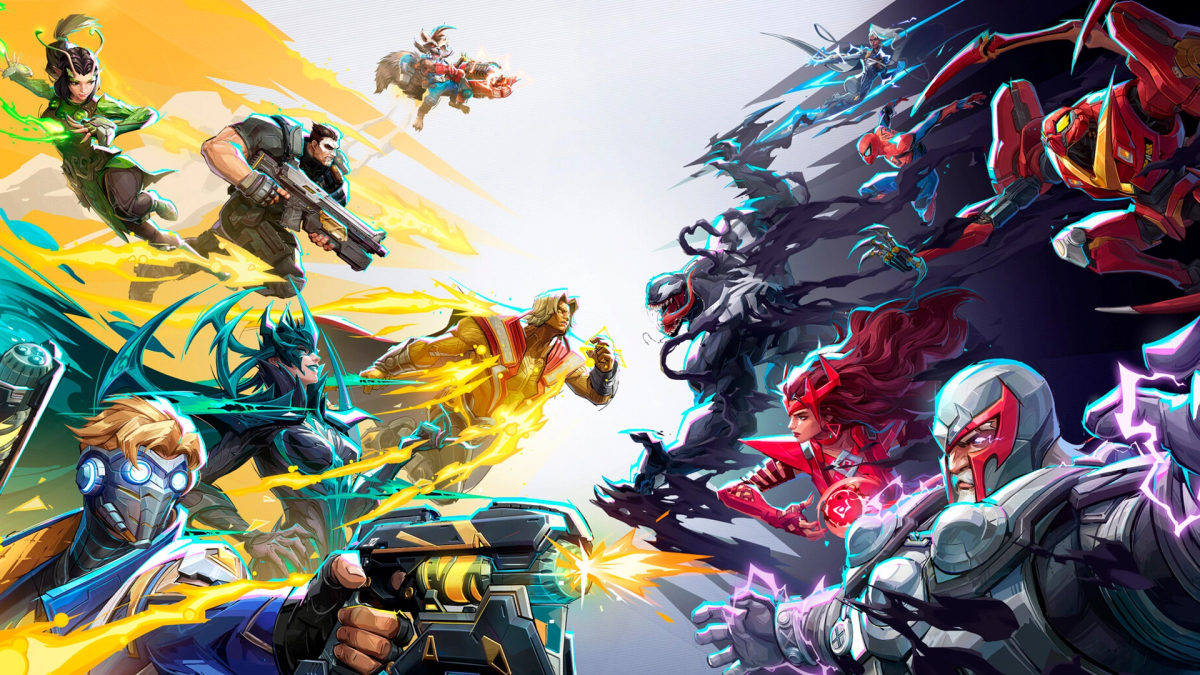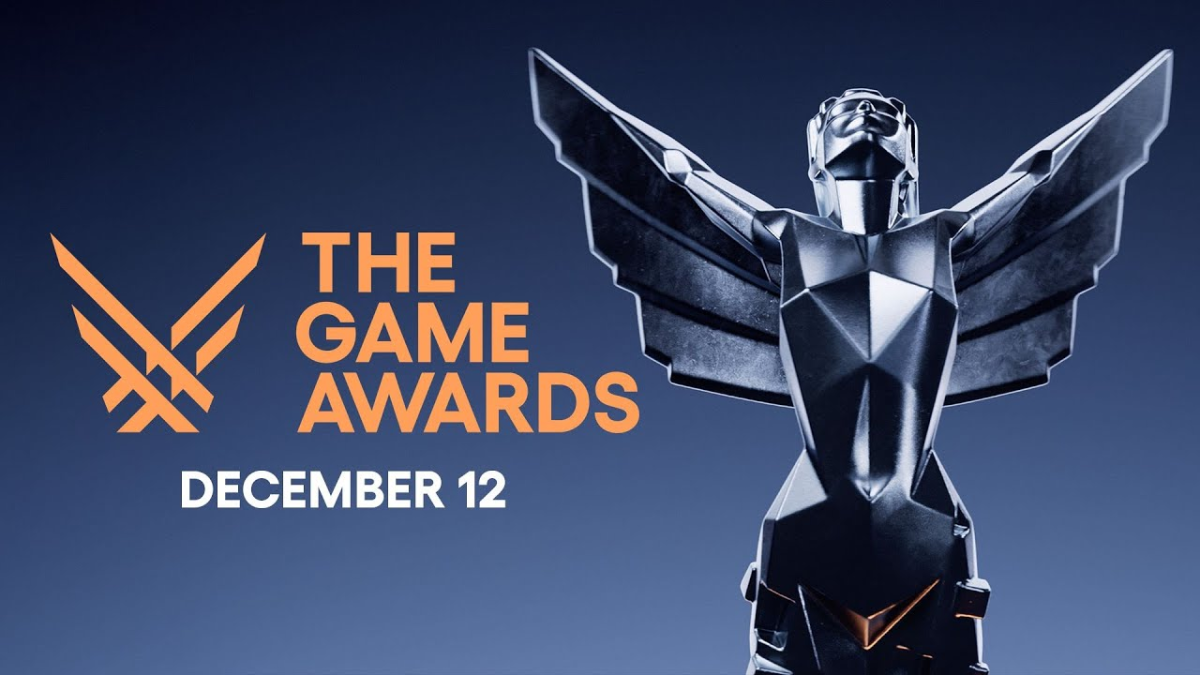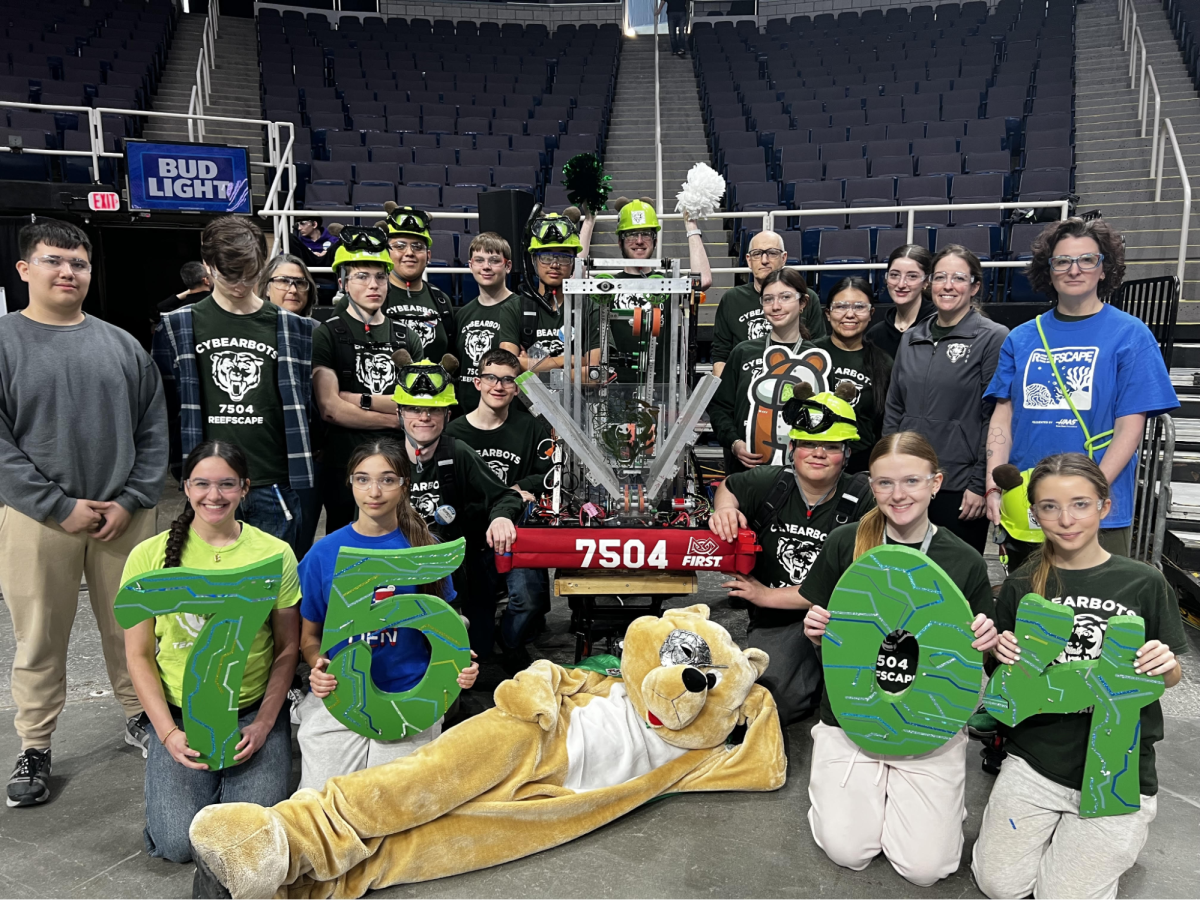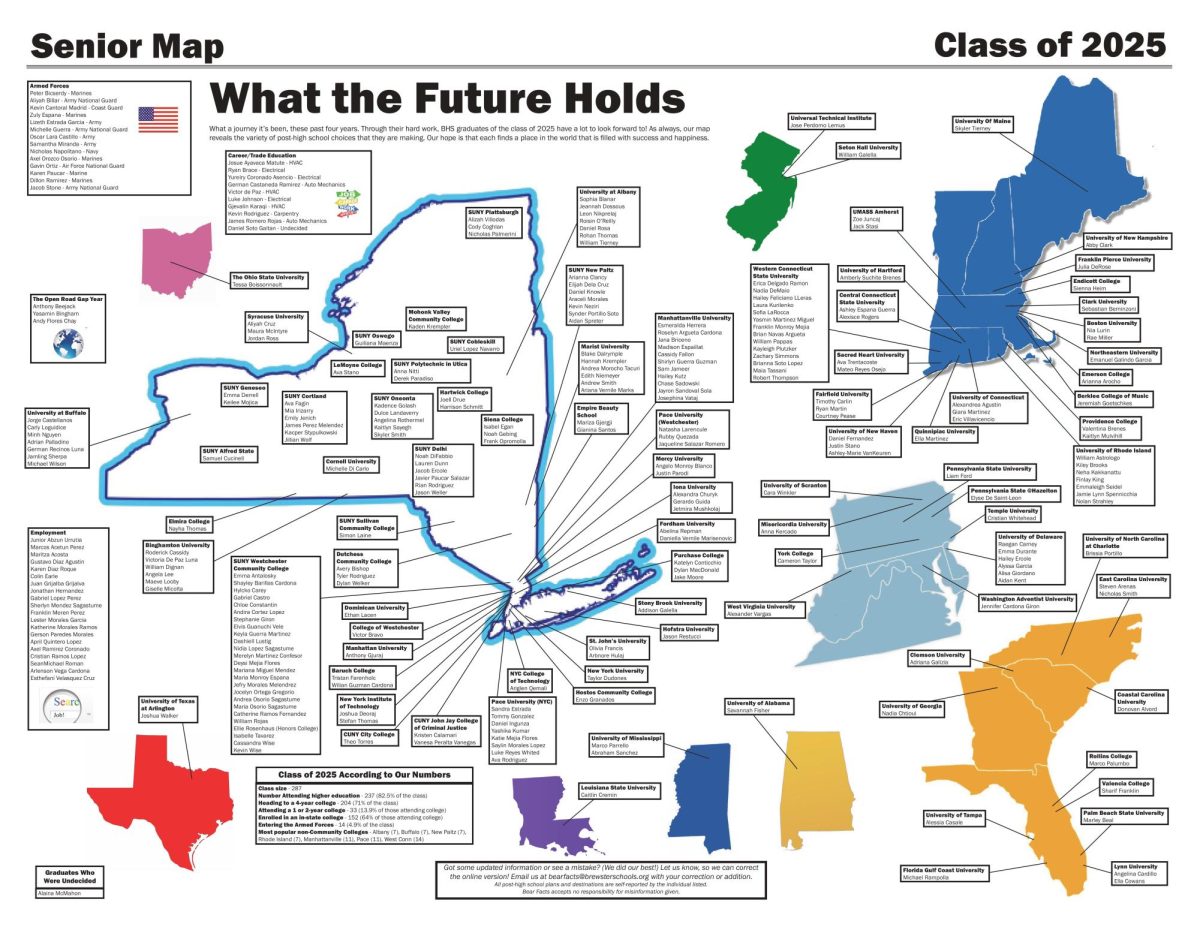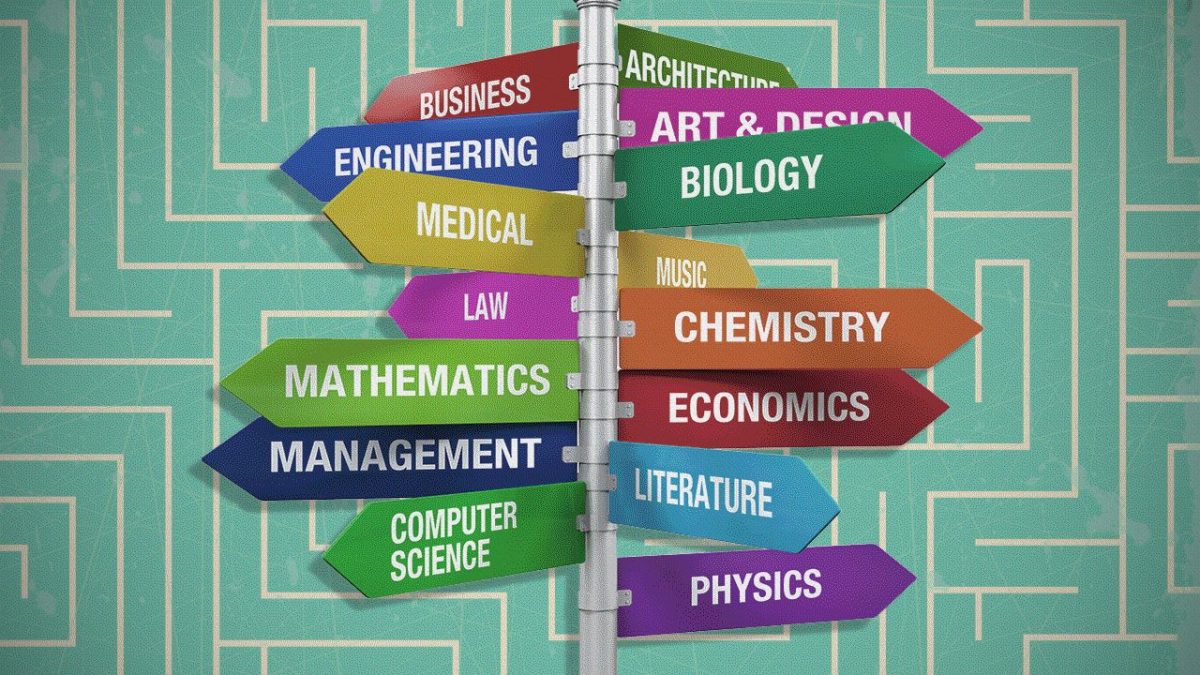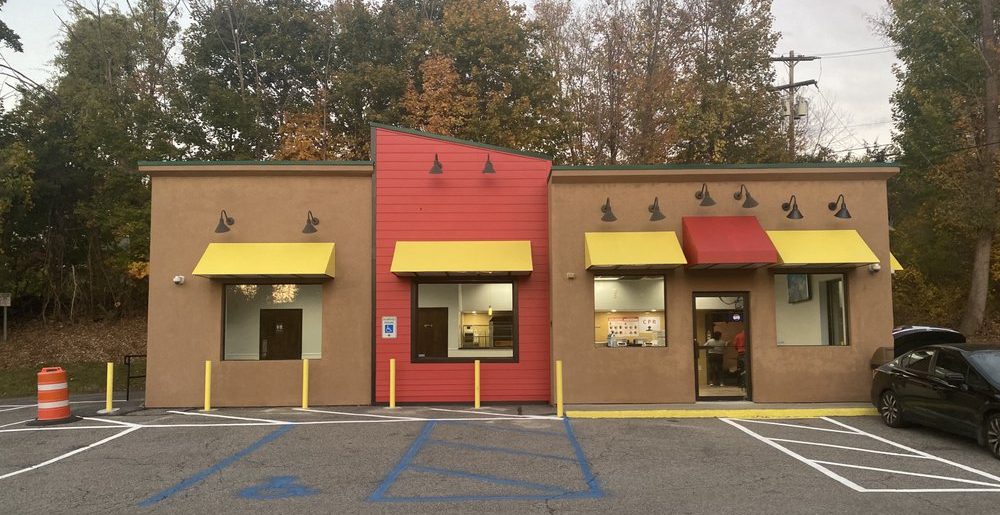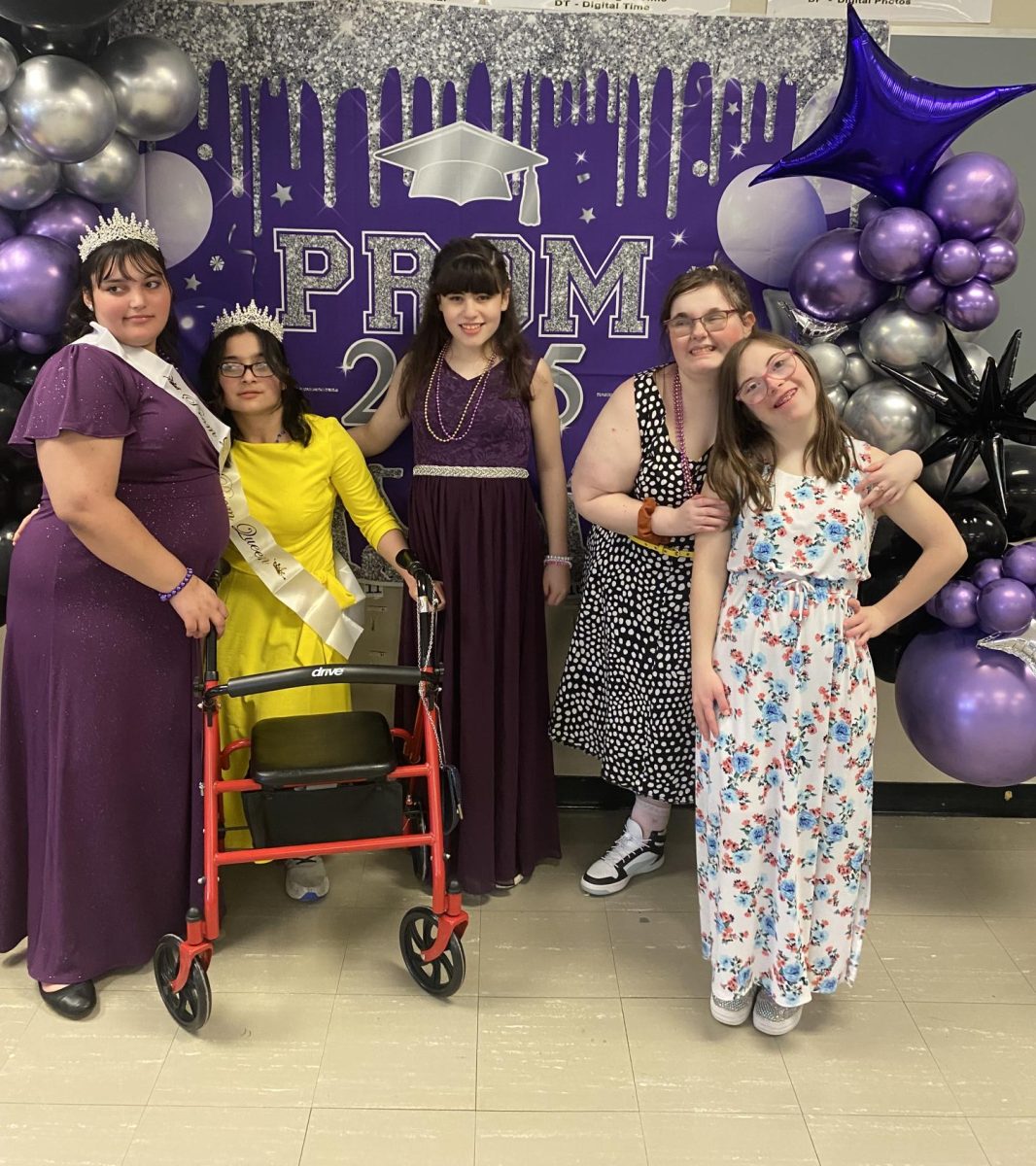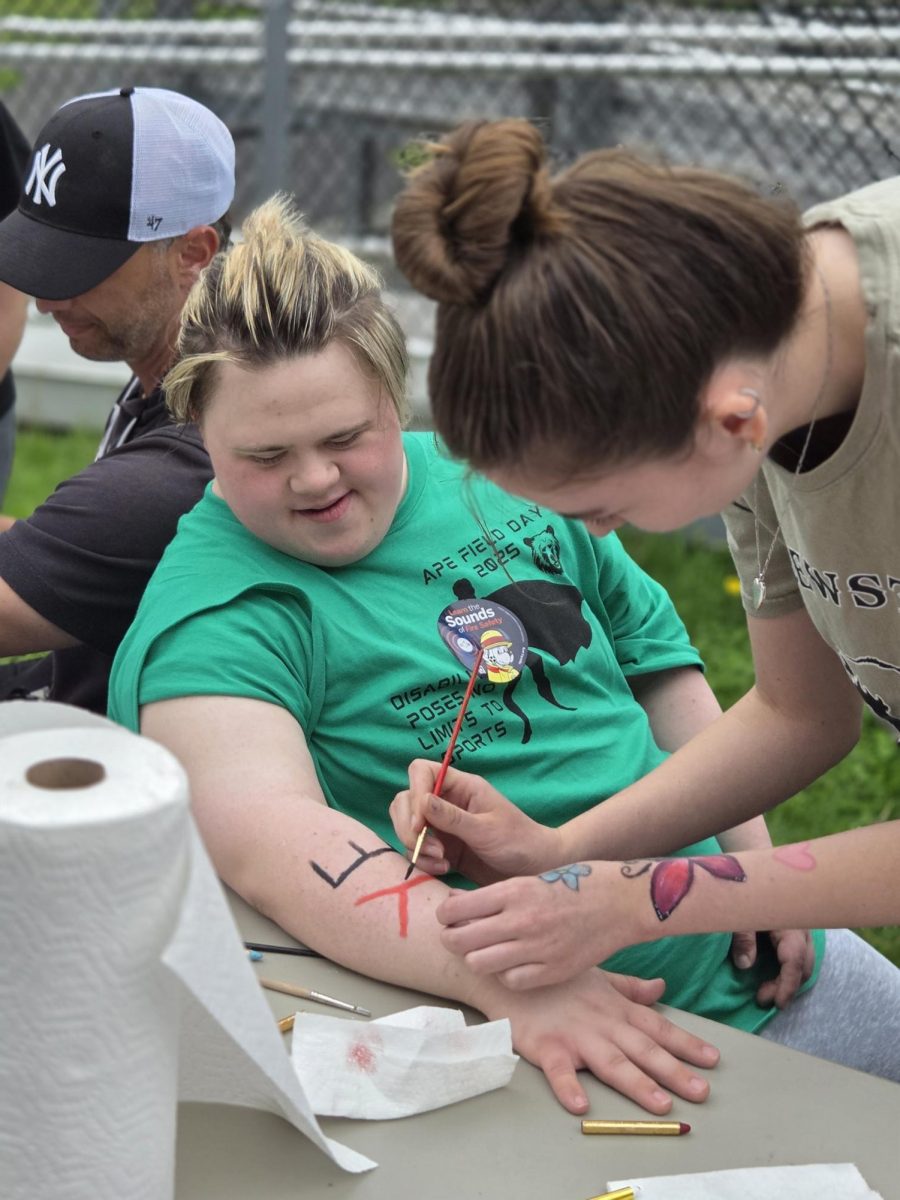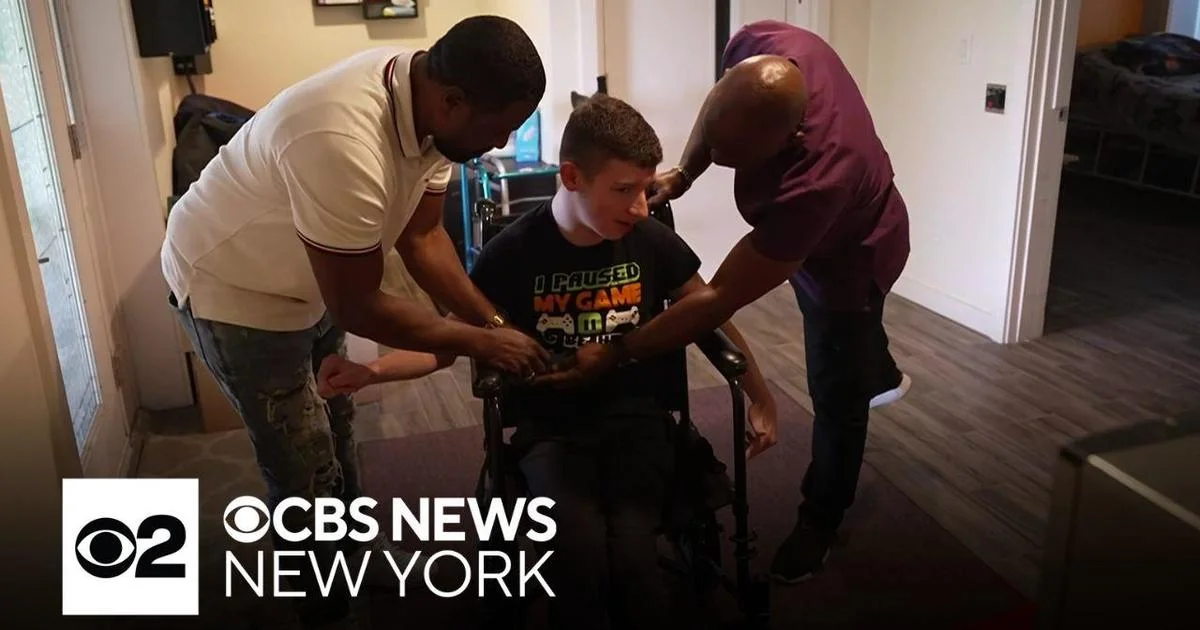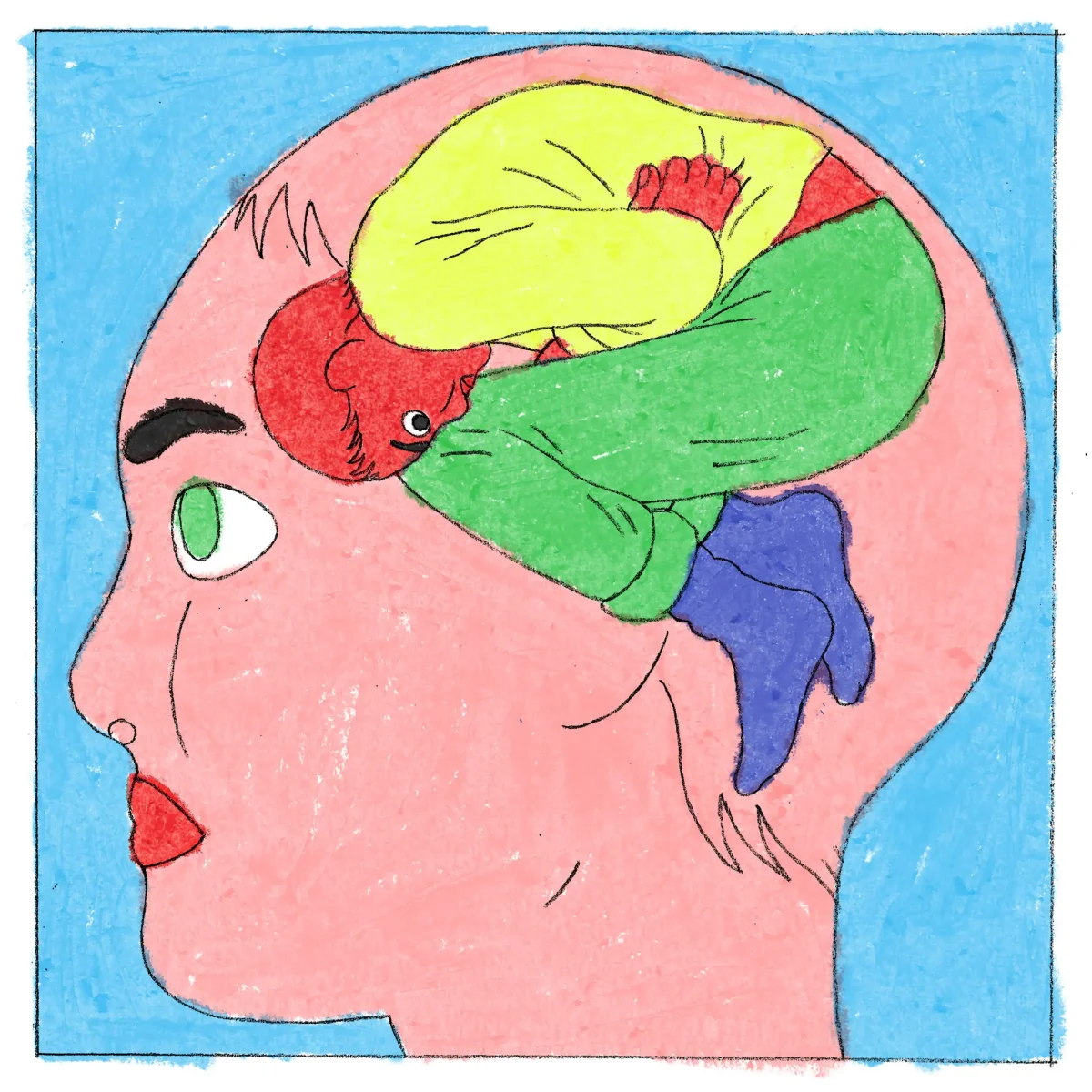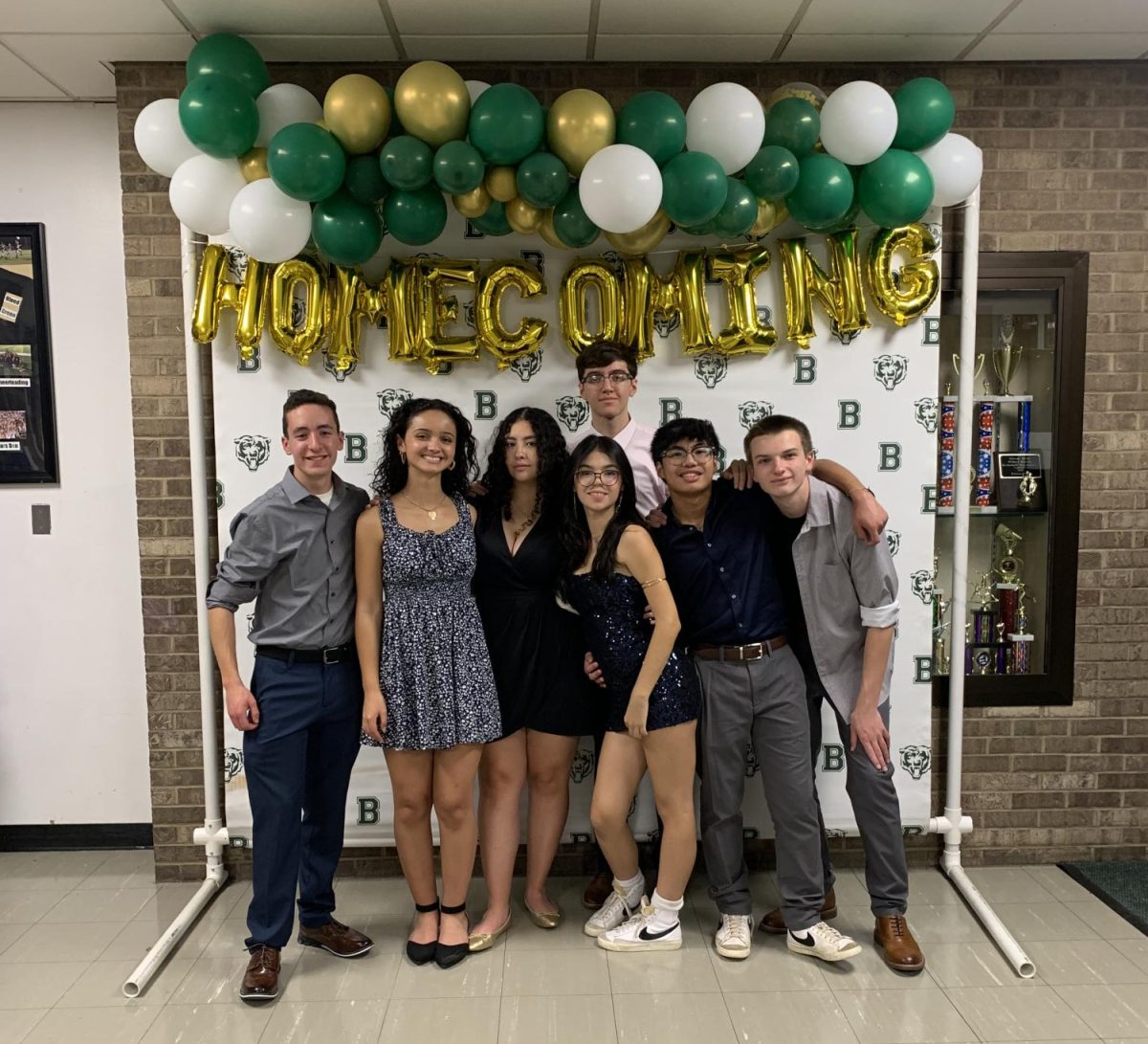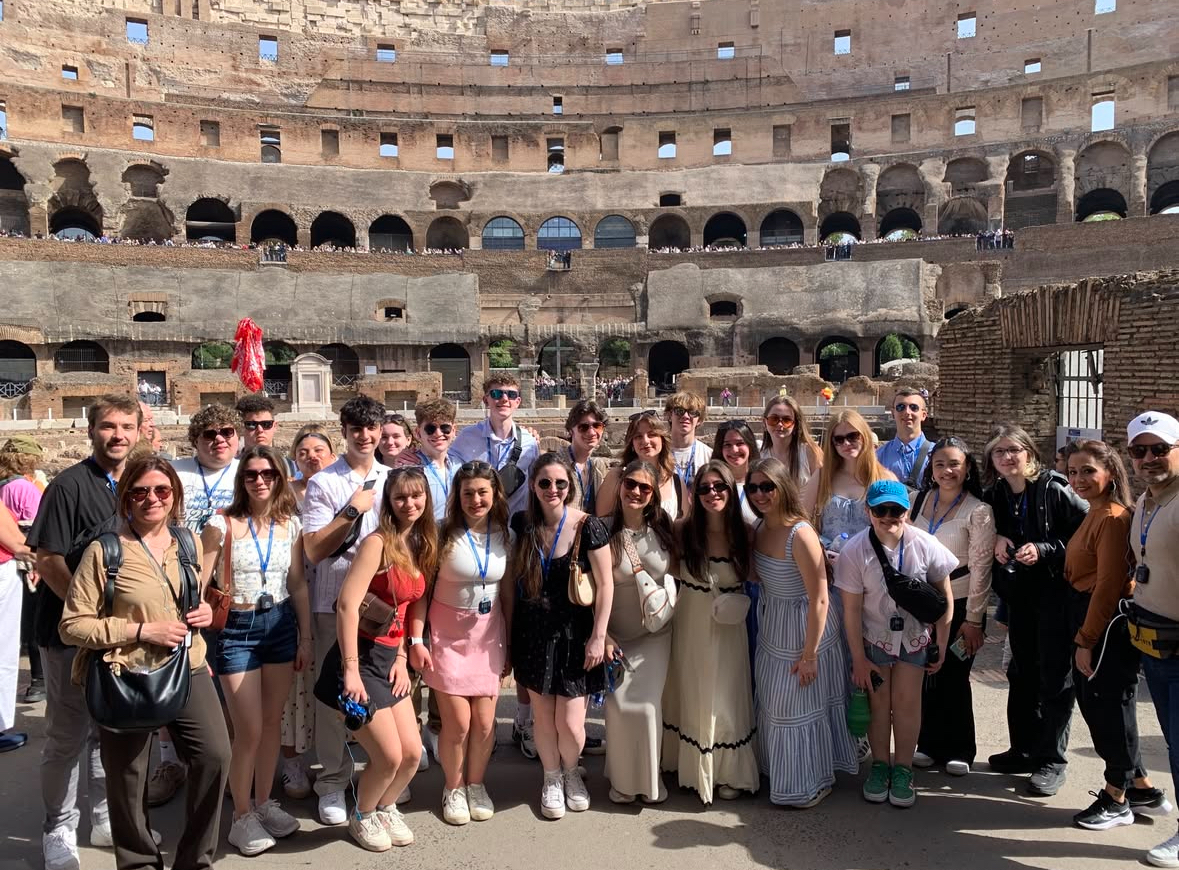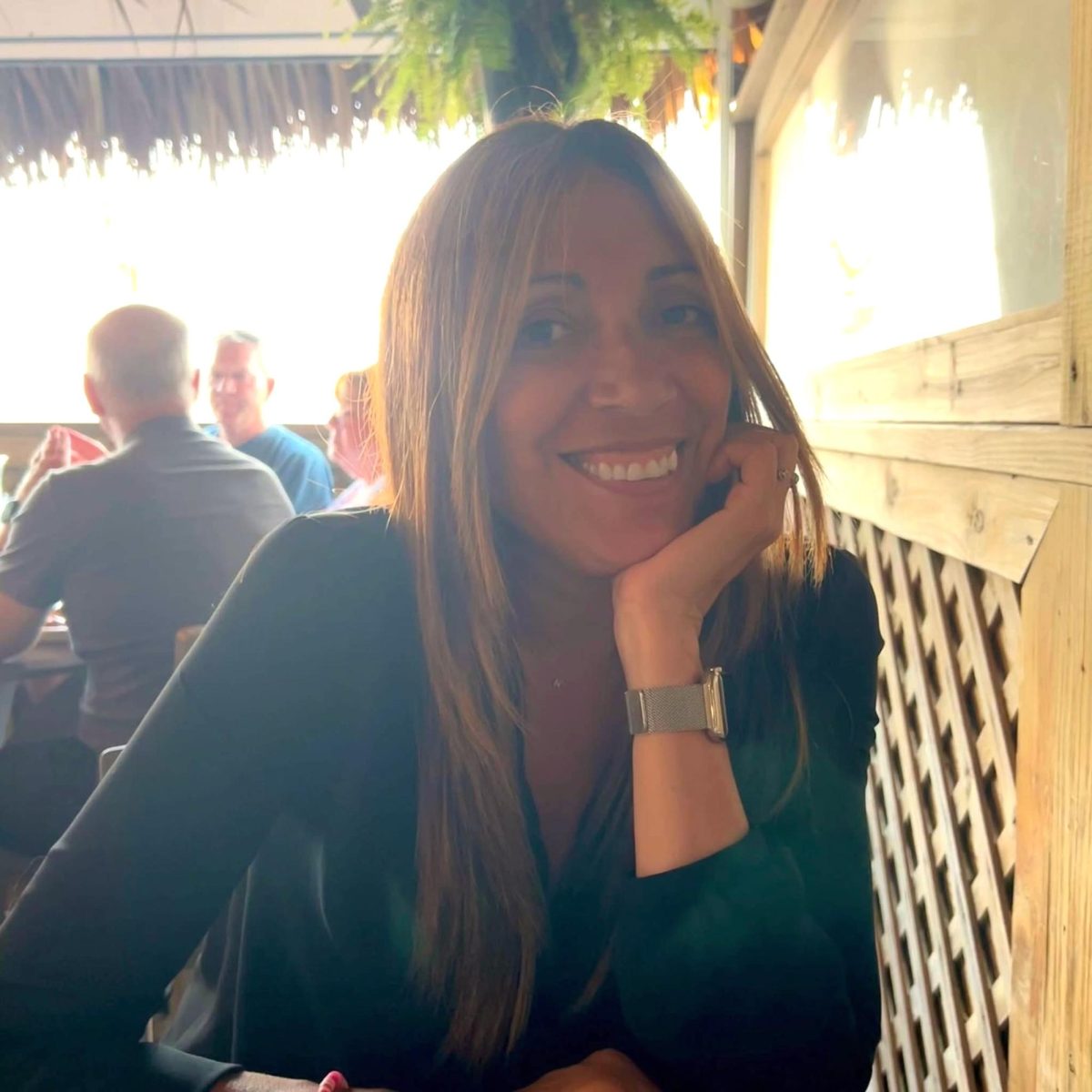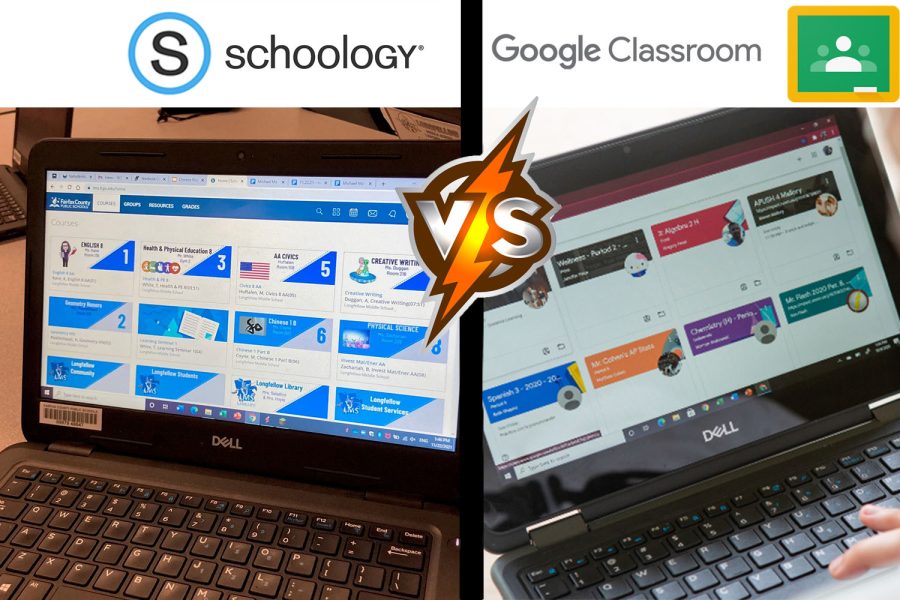Schoology is Out, Google Classroom is In!
Students and Others Speak Out District Concedes, Students Rejoice
February 15, 2023
On October 22nd, 2022, I was approached with a peculiar question: “So, what do you think about Schoology?” Mr. Breen inquired. It was a casual, off-the-cuff question that was just looking for the student side of a complex issue. Having not the slightest understanding of whether or not this question was a trap or a genuine talking point, I refrained from responding. I did not wish to plunge myself head first into controversy this early in the year.
What’s the controversy, you may ask? The debate raged around the efficacy of Google Classroom and the inefficacy of Schoology, or vice versa. Proponents of Schoology saw it for its possibilities, complex approaches to learning, and integration of multiple educational tools. Schoology seemed to be far more immersive and integrative than Google Classroom and was deemed beneficial for educational enrichment. But it was argued that Schoology was TOO complex, as Google Classroom allowed for successful hybrid/virtual learning, simple completion and submission of assignments, and access to direct hyperlinks/third party integrative platforms. Therefore, there seemed to be no warrant for transitioning to an unfamiliar application, specifically without first harnessing the standpoint of students and staff who have centered their education around Google Classroom for almost a decade. Up until October, the voice of the proponents and the voice of the opponents were native only to administration and staff, which did not consider student perspective when it came to implementation.
I finally managed to drum up a neutral answer for Mr. Breen: I contested that I did not know enough about the application to discuss its efficacy, or lack thereof. Surely, I thought, neutrality would not plunge me nose deep into a “controversy” which I wished to avoid. However, it was not my neutrality that was the appropriate response: it was my willingness to indulge in that controversy and provide a student perspective that was, might I say, essential. This was my opportunity to advocate, my opportunity to represent; this was my opportunity to pick the lock of an un-exercised and rusted voice box: the voice box of the student body.
The turn key for exercise and the porcelain cloth for polishing were placed within my own palms. With both, I constructed my first email to the School Board (October 25). I listed the issues with this application from an end user standpoint: obstruction of learning, academic regression, lack of resource constancy, emotional disturbance of students, poor performance, and disincentivization of learning. I exemplified all of those issues with the raw perspectives of students throughout Brewster High School.
I met with a representative sample of the student body (meaning students from ENL, Career Skills, regular, and AP classes) to identify enduring issues, discuss those issues, and suggest resolution or reform. This email reinforced the out-cry of senior Alan Recinos, who courageously spoke directly to the Board about the negative implications of Schoology.
Shortly thereafter, on November 4th, a Principal Advisory Committee was organized. At this committee stood approximately fifty students, spanning grades nine through twelve, along with administration, staff, and the Head of Technology, Mr. Treloar. Students were provided with a singular microphone to hone in on their plethora of concerns regarding the implications of Schoology.
I raised my hand and obtained the microphone first. I shifted administrative and student attention toward the email which I sent out roughly nine days prior. Once again, I honed in on academic regression, obstruction of learning, complicated interface, disparity of access, poor performance, etc, though I added one more “advancement”: that fractured turn key and muddied cloth that would hinder student ability to exercise their own voice box. It was the 2018-2021 technology plan which suggested that administrative and student feedback would be accounted for prior to the implementation of Schoology. Yet it was the Committee of Technology that would consciously implement Schoology without a student representative. Students would piggyback off of the claim of not being consulted prior to the implementation, highlighting their agitation with the fact that we, as end users of the application, were unaccounted for.
As the Advisory Meeting was integral to gathering the opinions of several students, there was also a call for inclusivity and accounting for the voice of ENL, Career Skills, and general level students, a focus that was not represented to the degree desired at that Principal Advisory Meeting. Therefore, on November 23rd, I met with an English 12R and ENL teacher to discuss disparity in performance for students over which they taught. We discussed unpredictability in operation, a general deficiency in adaptation, a “complicated interface that did not do what was promised,” and a lack of access to quality translation platforms. (The translation issues have been a discussion even with Google Classroom, although Google has now made it a priority in many of their products, which now have a better translation application.) We discussed plausible socioeconomic disparity and the fact that these students may not have access to Wi-Fi or internet connectivity (outside of school), meaning that if they wished to sit down and learn how to navigate the platform on their own, they would be unable to do so. Following this discussion, I emailed the School Board once more with my concerns.
I must concede that by early December, myself and several other students were frustrated and without urgency to continue onward: we began to feel that voices were not being heard. While I would continue to discuss the enduring implications of Schoology with Mr. Breen, my own teachers, and even my peers, the general consensus was that exercising our voice seemed ineffective.
However, on January 26th, Mr. Breen would approach me with a peculiar question: “Want to hear some great news?” he exclaimed. Having not the slightest idea of what this news could possibly be, he explained the proposal to re-implement Google Classroom as an alternative option for Schoology. Blossoming his palms and fingers wide, he declared, “Great job, kid.”
And while he would concede, and I would understand, that it was not solely student voice that would promote this re-implementation, it was student voice and the unlocking and polishing of that voice box that would encourage the School Board and Committee of Technology to CONSIDER the narratives of students before implementation. Arguably, if it were not for Mr. Breen’s peculiar inquiry, or for the reclaiming of the turnkey and porcelain cloth on behalf of myself, Alan Recinos, and other student advocates, STUDENT VOICE would not have been exercised.
Now, as most teachers return to Google Classroom (whereas some are staying with Schoology just to finish out the year), we find that the student voice of advocacy has taken a step forward. Yes, our voice may have been diminished in the past, but now that the opportunity to speak up for ourselves and our education has been seized, I will ask you all a peculiar question, just as Mr. Breen did on that first day: “How will you unlock and polish that voice box when it becomes your turn to advocate?” Don’t let neutrality immobilize you: speak up and do something about it.


